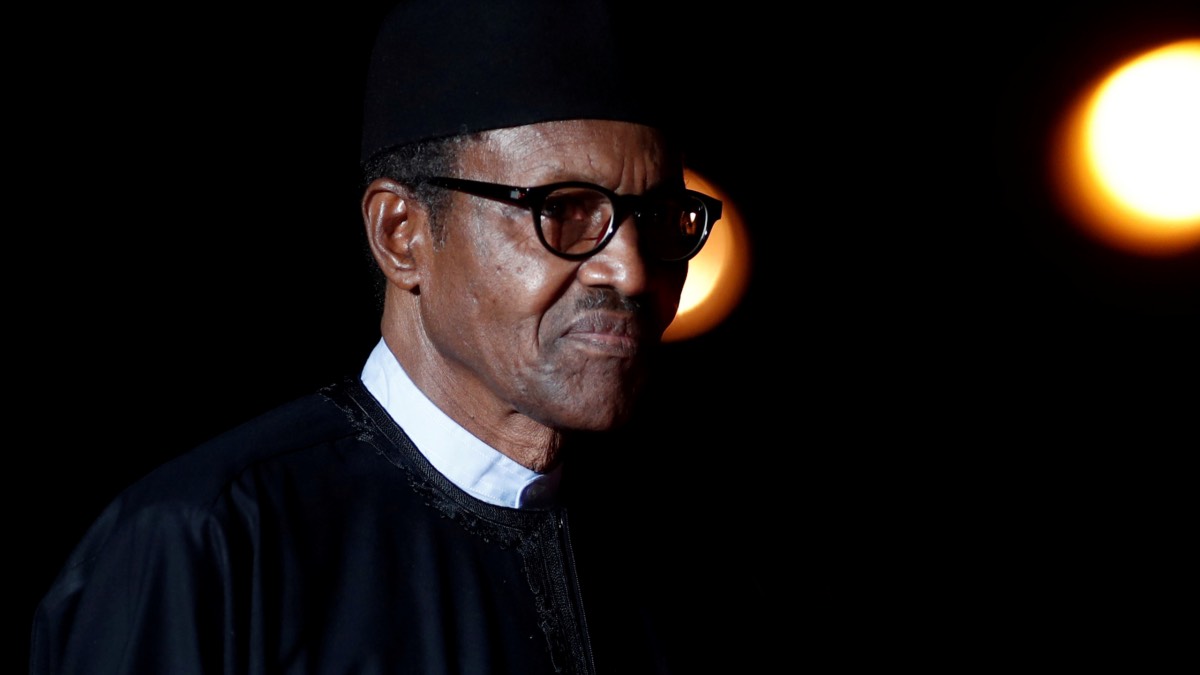The nation’s public debt stock stood at N35.465 trillions as at June 30.
Patience Oniha, the director-general of the Debt Management Office, disclosed in while presenting the latest public debt data on Wednesday, September 15, 2021.
Total Public Debt is comprised of the Domestic and External Debts of the federal government, the 36 State Governments, and the Federal Capital Territory.
Nigeria’s total Public Debt Stock was N33.107 trillion or USD87.239 billion, as at March 31, 2021.
This indicated a N2.358 trillion rise in the debt stock from the end of the first quarter of the year to the end of the second quarter.
The breakdown of the public debt figure under review indicated that that External debt was N13. 711 trillion representing 38. 66 percent.
On the other hand, domestic debt was N21 .754 trillion, representing 61. 34 percent of the total stock.
The federal government accounted for N11. 828 trillion of the external debt and N17. 632 trillion of the domestic debt.
States and FCT external debt stood at N1.883 trillion, with a domestic debt stock of N4. 122 trillion.
The breakdown of the external debt showed that the bulk of the debt was owed multilaterals (World Bank Group and the African Development Bank Group) which accounted for 54.88 percent.
The next highest category was the Commercial debt (Eurobonds and Diaspora bond) which accounted for 31.88 percent; while bilateral (China, France, Japan, India, and Germany ) stood at 12. 70 percent and Promisory Notes 0. 54 percent.
Ms. Oniha explained that the nation had several benefits from going to source funds which included Showcasing Nigeria in the global a positive light in the international financial markets where large pools of capital is available.
In addition, she said “The sovereign Eurobonds serve as a benchmark on the back of which several local banks have issued Eurobonds. Amongst them are Zenith Bank, Access Bank, UBA, FBN, Ecobank Nigeria, and Fidelity Bank. This window opened by the sovereign enabled these Nigerian Banks raise Tier 2 Capital to meet regulatory requirement and enhanced their capacity to lend to, and, support local borrowers.
“Issuing Eurobonds has been a potent tool for building up Nigeria’s External Reserves. A healthy level of External Reserves supports the Naira Exchange Rate and Nigeria’s sovereign rating.
“Raising funds externally through Eurobonds to finance Budget Deficits reduces the level of sovereign borrowing in the domestic markets. The benefits of this are many: mitigates the risk of crowding out the private sector (more funds available at moderate rates for other borrowers in the domestic economy)
“The Eurobonds are also listed in Nigeria’s two (2) securities exchanges: The Nigerian Exchange Limited and FMDQ Securities Exchange Limited. This increases the size of these exchanges and diversity of instruments listed.
“The Eurobonds are actually issued as part of approved Government Borrowing Plan usually in the FGN’s Annual Budgets, for financing capital projects thereby reducing the infrastructure gap.”
The D-G explained that the issues of rising debt, high debt service to revenue ration, and utilization of borrowed funds were germane.
She said that members of the public should not lose sight of the facts which necessitated borrowing which included: “Huge Infrastructure Deficit, Recession (twice in the last six years), Consecutive Budget Deficits, Low Revenue Base, compounded by dependence on one source – crude oil which prices crashed and at a point, at the peak of the COVID-19 pandemic had no buyers.”
Ms. Oniha stressed that Nigerians must challenge themselves and support the federal government on the need to raise revenue.
She noted that the 5 percent tax as a percentage of the Gross Domestic Product, GDP, was too poor for Nigeria and that concerted efforts must be made to increase the nation’s revenue.
Source: Vanguard







